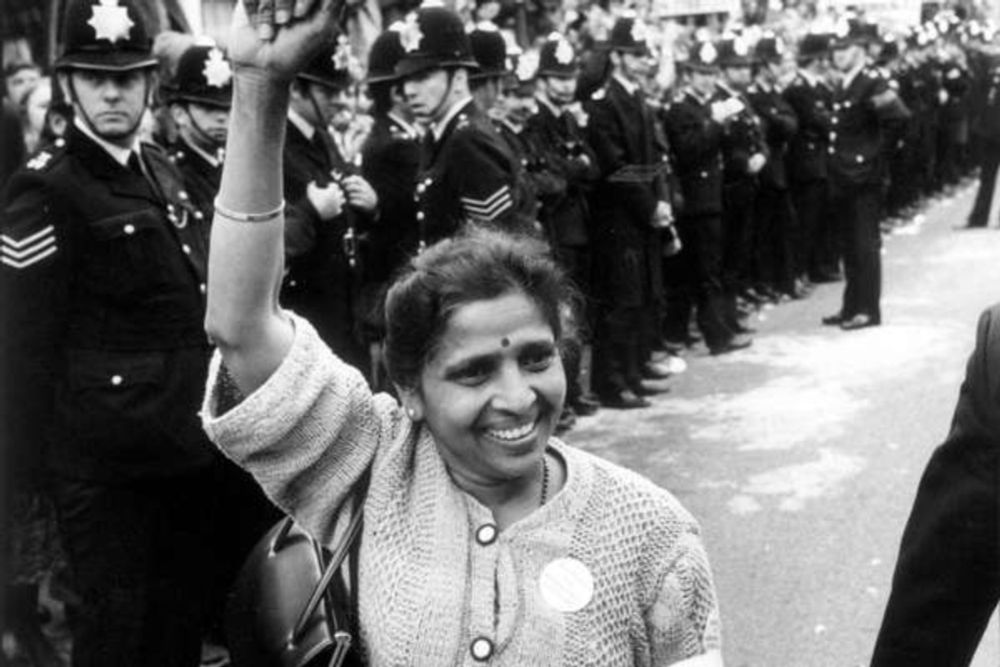Poetry of Witness
@poetryofwitness.bsky.social
98 followers
130 following
57 posts
'We are the chorus: Poetry of Witness'
A collaborative project to encourage conversation, inquiry, & action.
Creating an online archive with 12 poems of protest & witness.
Sharing 2 poems a week: poetryofwitness.substack.com
Posts
Media
Videos
Starter Packs
Reposted by Poetry of Witness
Reposted by Poetry of Witness
Reposted by Poetry of Witness
Reposted by Poetry of Witness
Reposted by Poetry of Witness
Reposted by Poetry of Witness
Reposted by Poetry of Witness
Reposted by Poetry of Witness
Beth Brooke
@bethbpoet.bsky.social
· Aug 21

I'm a legal refugee in Britain. So why am I always being treated like a criminal? | Ayman Alhussein
I’ve met wonderful people here who make me feel that I belong – but there are now many who see asylum seekers as an easy political target, says film-maker Ayman Alhussein
www.theguardian.com
Reposted by Poetry of Witness
Anna Goodall
@annagoodall.bsky.social
· Aug 13

How a Japanese museum project is passing on the testimony of the last atomic bomb survivors
As numbers of atomic bomb survivors decline, can such deeply personal, traumatic memories truly be passed on to someone who did not live through them?
theconversation.com
Reposted by Poetry of Witness
























